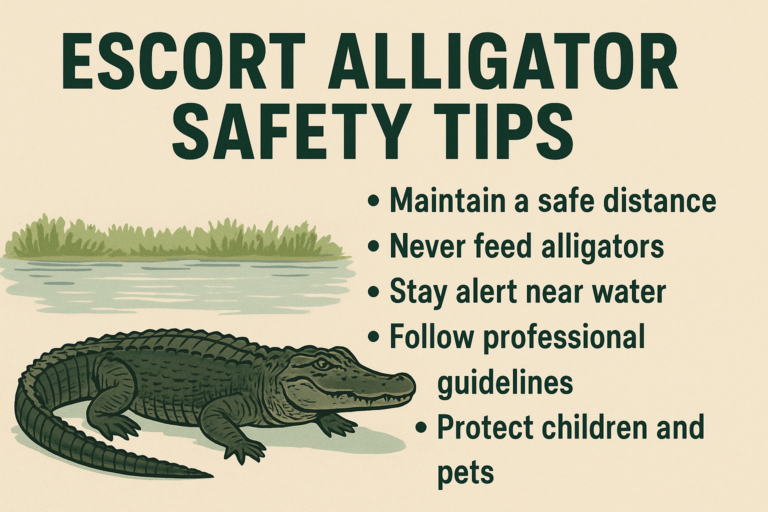Life can throw unexpected challenges our way, and sometimes we may feel like we’re ready to leave everything behind. You might have heard the term “L.I.F.E leaving” floating around and wondered what it really means. This blog post breaks down the concept of “L.I.F.E leaving,” explores its significance, and offers practical tips for handling such feelings in a healthy way.
What is L.I.F.E Leaving?
“L.I.F.E leaving” refers to a moment when someone feels disconnected or detached from their life, often due to stress, burnout, or overwhelming emotions. It’s not necessarily about physically leaving; it’s more of a mental or emotional state where a person feels stuck, exhausted, or disconnected from their purpose.
Think of it as an internal crisis, where you question everything about your life: your goals, relationships, work, and even your own identity. This feeling can happen to anyone, and it’s more common than people might think. It’s part of the human experience to feel lost or uncertain at times. Understanding this feeling is the first step toward addressing it.
Why Do People Feel Like They Want to Leave?
Here are some common reasons people might experience the urge to leave or disconnect:
- Stress and Overwhelm
Life’s constant demands—whether from work, family, or personal goals—can create a feeling of being “stuck.” This can lead to burnout, where someone feels emotionally drained and wants to escape. - Lack of Purpose or Fulfillment
People sometimes feel like they’re just going through the motions without any real meaning or direction. This lack of purpose can make them question everything and want to leave it all behind in search of something more fulfilling. - Relationship Struggles
Tensions in personal relationships, whether with family, friends, or romantic partners, can lead to feelings of isolation. If someone feels misunderstood or unsupported, they may contemplate leaving everything behind to escape the emotional weight. - Fear of Change or the Unknown
Change, even if it’s positive, can be scary. The fear of the unknown can cause anxiety, and some people may feel like leaving their current life is the only way to cope with that fear. - Loss or Grief
Whether it’s the death of a loved one, a breakup, or another form of loss, grief can make people feel disconnected. In these moments, the urge to leave may stem from the overwhelming pain of loss.
Signs That You Might Be Experiencing L.I.F.E Leaving
How do you know if you’re going through this feeling? Here are some signs:
- Feeling Detached or Disconnected: You feel like you’re watching your life from a distance, not really participating in it.
- Lack of Motivation: The things you used to care about no longer interest you. You feel apathetic and uninspired.
- Overwhelming Fatigue: No matter how much you rest, you still feel exhausted.
- Constant Rumination: Your mind constantly wanders, and you find yourself overthinking or obsessing over things you can’t control.
- Desire to Escape: You daydream about leaving everything behind, even if just for a short period of time.
How to Cope With L.I.F.E Leaving
If you’re experiencing the urge to leave your current situation, here are a few ways to navigate through it:
1. Acknowledge Your Feelings
The first step is to recognize and accept how you’re feeling. It’s okay to not feel okay all the time. Acknowledging that you’re going through a tough time allows you to take proactive steps toward finding a solution.
2. Talk It Out
Sometimes, just talking about what you’re experiencing can help you feel understood. Whether it’s a close friend, family member, or a professional therapist, sharing your thoughts can provide clarity and a sense of relief.
3. Take a Break
If you’re feeling overwhelmed, taking a short break might be exactly what you need. A weekend getaway or a personal day can help reset your mind and give you a fresh perspective on your situation.
4. Set Small, Achievable Goals
Rather than thinking about completely abandoning your life, try setting small goals to regain a sense of control. Accomplishing tiny tasks can help build momentum and remind you that you can handle challenges.
5. Reconnect with Your Passions
Remember what makes you happy. Whether it’s painting, running, reading, or something else, rediscovering your passions can give you a renewed sense of purpose.
6. Consider Professional Help
If you find yourself stuck in a negative mental loop, it may be time to speak with a therapist or counselor. They can guide you through your feelings and help you come up with strategies for coping.
L.I.F.E Leaving in a Positive Light: Personal Growth
Though the term “leaving” may initially sound negative, it can also signify a transition. In some cases, it’s about leaving behind old habits or negative thoughts to make room for growth. Personal development often involves letting go of the past and embracing new possibilities.
For example, people may choose to “leave” toxic environments, unhealthy relationships, or unfulfilling careers in order to start fresh and pursue a more meaningful life. In this sense, “leaving” can be a positive step toward self-improvement and reinvention.
Conclusion: Moving Forward With Clarity
“L.I.F.E leaving” isn’t about quitting or running away from challenges; it’s about understanding your feelings, acknowledging your struggles, and taking the right steps to move forward. Everyone goes through rough patches, but how you handle them defines your journey.
If you’re feeling stuck or disconnected, take small actions to regain your sense of self. Remember, it’s okay to reach out for help when you need it, and most importantly, give yourself the time and space to heal. Life isn’t about perfection—it’s about growth, learning, and embracing the journey, even when things feel uncertain.
FAQs:
1. Is feeling like leaving everything normal?
Yes, it’s normal to feel like you want to escape at times. Life can be overwhelming, and everyone faces difficult periods. The key is to address these feelings and find healthy ways to cope.
2. How long does the feeling of wanting to leave last?
It depends on the individual and their circumstances. For some, it might pass quickly, while for others, it might take longer. If these feelings persist, seeking professional help can provide the support you need.
3. Can I avoid feeling this way altogether?
While it’s impossible to avoid all struggles, focusing on self-care, maintaining a support network, and staying connected to your goals can help minimize the frequency of these feelings.
4. Should I make major life decisions while feeling this way?
It’s generally not advised to make big life decisions when you’re feeling emotionally overwhelmed. Take your time, seek advice, and consider talking to a therapist before making drastic changes.
5. How can I prevent burnout?
Setting boundaries, practicing mindfulness, and ensuring you have time for rest and relaxation can prevent burnout. Don’t hesitate to ask for help when you need it!








